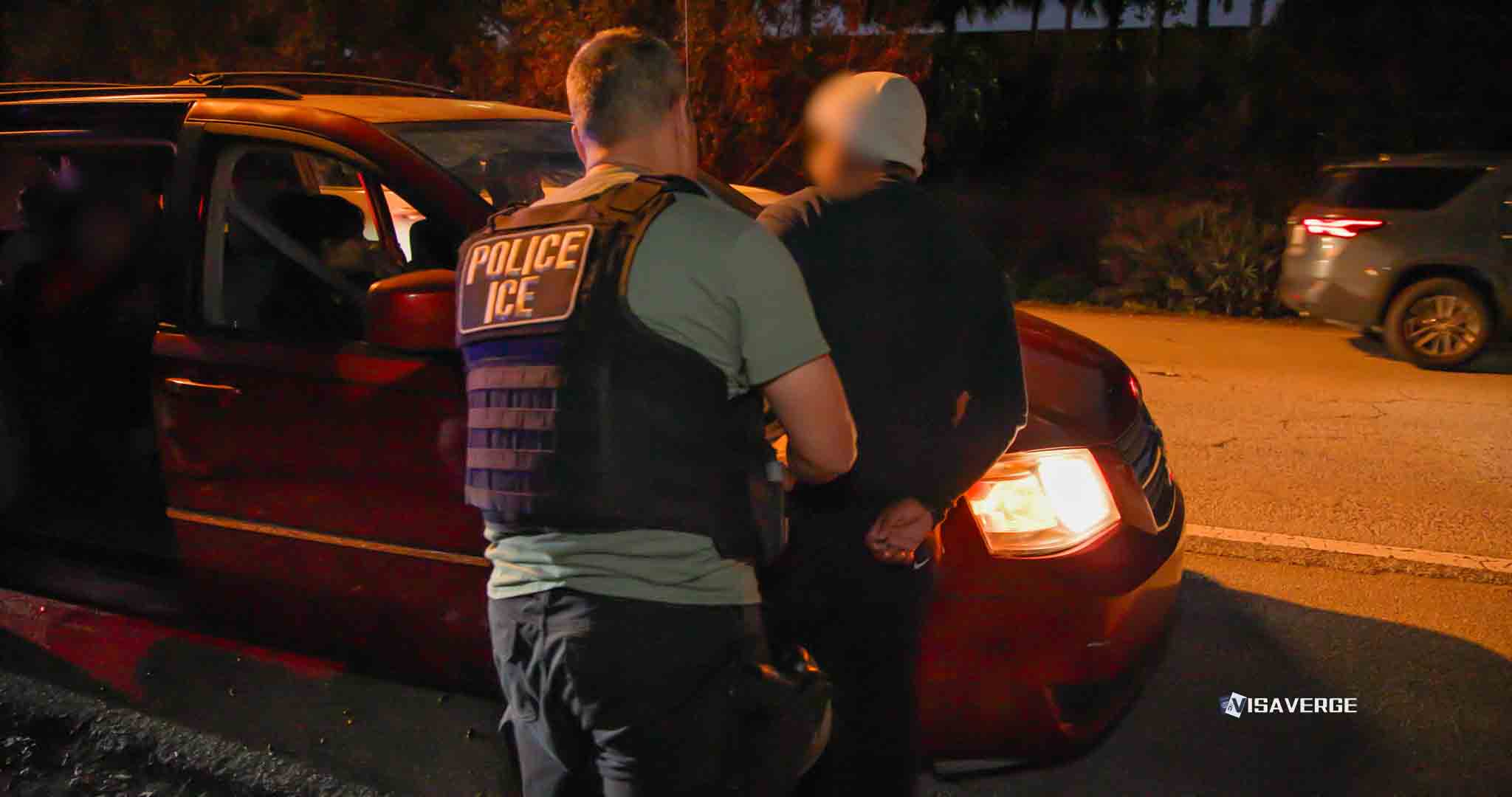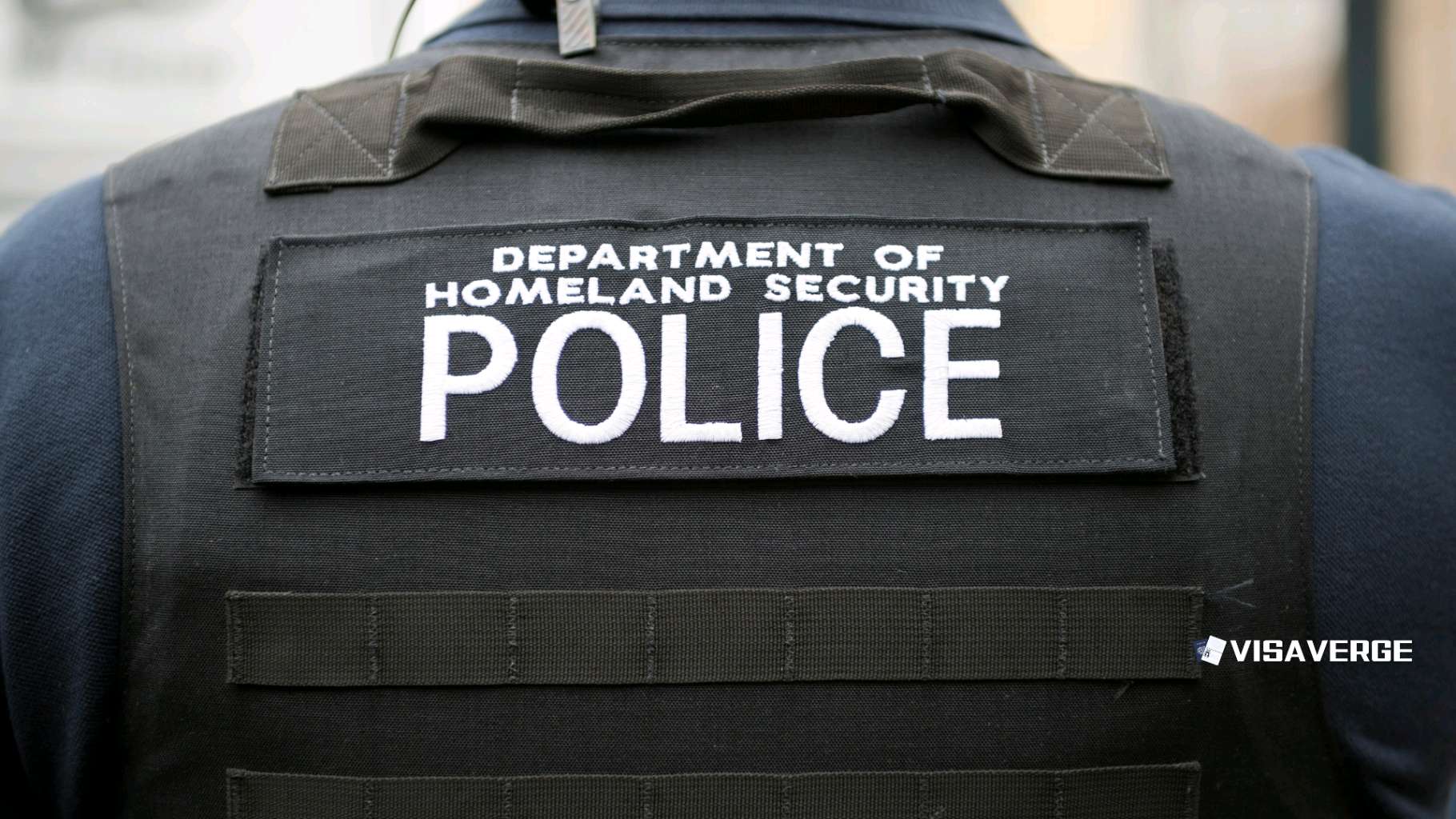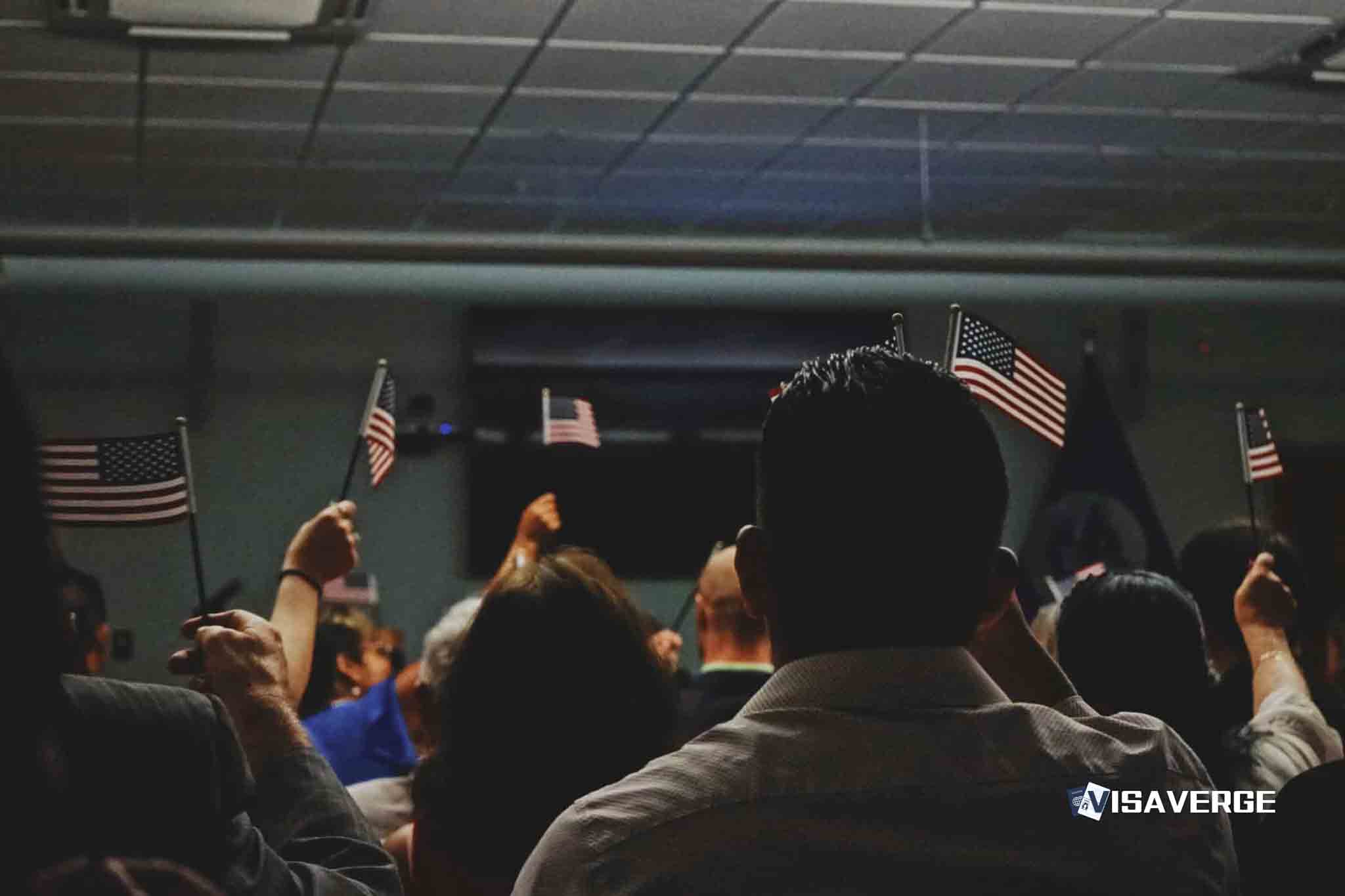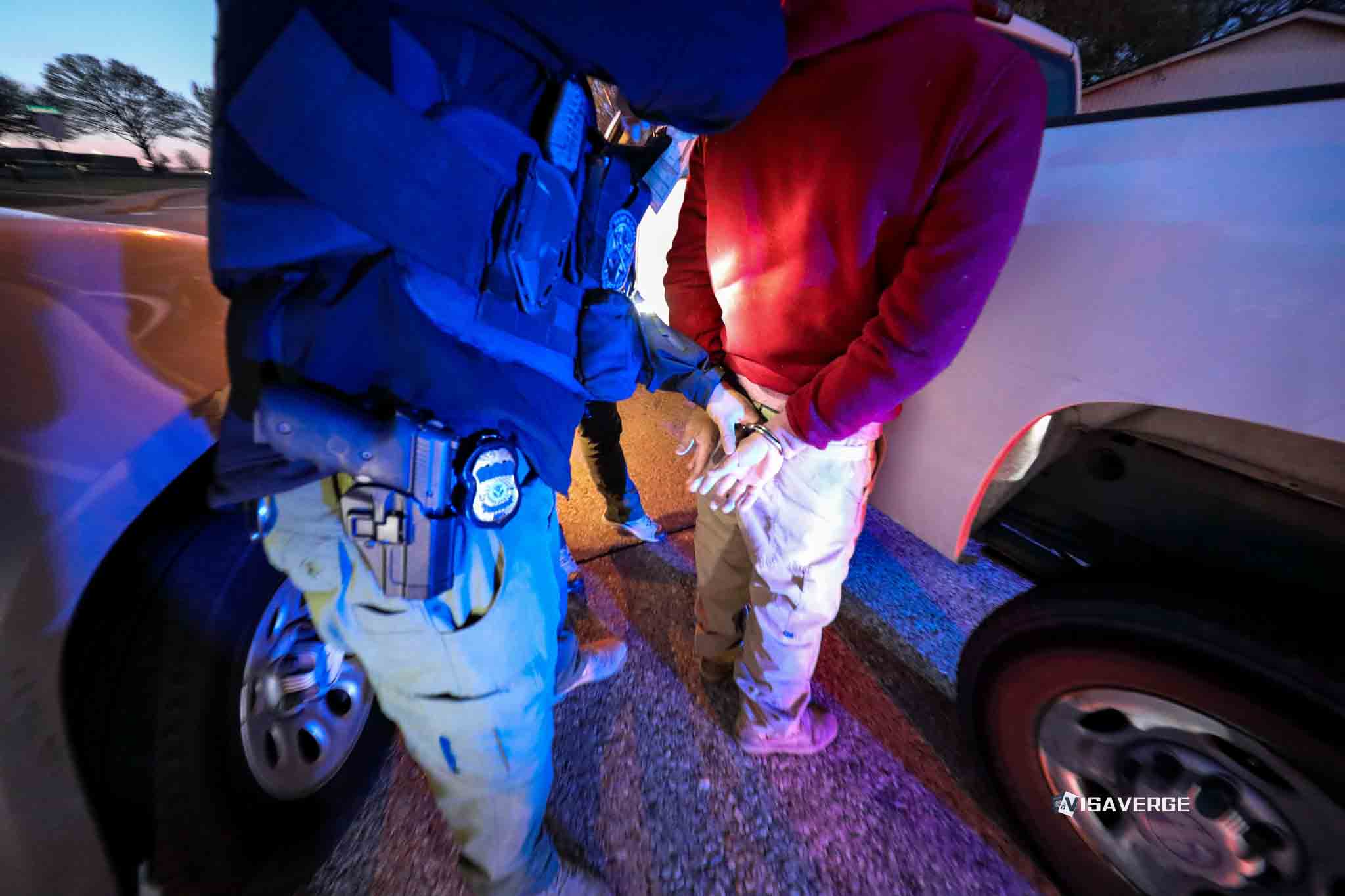(MARYLAND) Kilmar Abrego Garcia, a Maryland resident who was wrongfully deported to El Salvador in March 2025 and later returned to the United States, is expected to leave jail as soon as Friday, August 22, 2025, after a federal magistrate said she would order his release. The move caps months of legal fights over custody and next steps, and it raises new questions about whether immigration officers will try to take him again.
U.S. District Judge Waverly Crenshaw previously upheld his release, writing that he saw “no evidence [Abrego Garcia] has ever been affiliated” with MS-13 or any other gang. That finding undercuts claims raised in state court and public debate, and it matches what his family has said since his arrest.

Magistrate Judge Barbara Holmes is expected to set release conditions today, ending a short delay requested by the defense. His lawyers asked for the pause because they feared Immigration and Customs Enforcement could meet him at the jail door and try to deport him again. With the delay closing, Abrego Garcia could return to his Maryland home with private security arranged by his legal team.
What remains unclear is whether ICE will step in. Thomas Giles, an assistant director for ICE Enforcement and Removal Operations, said last month that the agency would take custody “as soon as possible” and would choose a facility based on bed space. As of Friday morning, ICE had not taken him, and the agency had not said what it would do next.
In June, a Justice Department attorney told the court the government might seek to deport him to a third country, not El Salvador, but also said there were no immediate plans. The White House has rejected talk of imminent deportation. Spokesperson Abigail Jackson said Abrego Garcia “will face the full force of the American justice system, including serving time in American prison for the crimes he’s committed.”
Court actions and release details
Abrego Garcia’s path has been harsh. In March 2025, he was taken from custody and put on a flight to El Salvador, even though a 2019 federal court order barred his removal to that country because of credible fears of harm from local gangs. The government later called that deportation an “administrative error.”
Once in El Salvador, he says he was held in the CECOT mega-prison, where he was tortured. He was returned to the United States in June 2025. State prosecutors in Tennessee then brought criminal charges, including accusations of gang membership and smuggling, which he denies. Judge Crenshaw later upheld his release and noted the record did not show ties to MS-13 or any other gang.
Judge Holmes is expected to restate terms today, which could include monitoring or limits on travel while he awaits a trial now set for January 2026. If ICE takes him instead, placement would depend on where a bed opens, and the agency has not explained whether it would detain him, release him, or try to deport him to a third country.
Possible release conditions (examples)
- Monitoring requirements (electronic or in-person check-ins)
- Travel restrictions (limits within certain jurisdictions or statewide)
- Private security arranged by his legal team while he returns home
- Any combination of the above until the January 2026 trial
Policy context and human impact
The case has become a test for the current enforcement approach under President Trump. Supporters of tougher measures say the government must enforce the law, even when a case draws national attention. Critics argue the handling of Abrego Garcia shows the cost of speed without care for court orders and due process, especially for people who have already shown a credible fear of harm.
According to analysis by VisaVerge.com, cases where a person is wrongfully deported after a judge’s order often spark a chain of legal fights. That includes efforts to return the person, questions about evidence used to label someone a threat, and disputes over which agency has the final say during overlapping criminal and immigration cases. These fights can take months or years while the person waits in custody.
Three pressure points stand out:
1. Agencies must track and follow court orders across systems, because one clerical mistake can send a person into danger abroad and into deeper legal trouble at home.
2. Moving someone between state jail, federal court, and ICE creates confusion about rights, timelines, and access to counsel.
3. Public claims about gang ties carry heavy weight, so they must rest on proof that can be checked. Judge Crenshaw’s statement that there was no evidence of MS-13 links is a reminder that labels can move faster than facts.
Advocacy groups say Abrego Garcia’s time in CECOT shows the real risk when the system fails. Families from Central America who won protection years ago still worry about being sent back because of errors. Lawyers warn that once a person is on a plane, the harm may already be done, even if courts later fix the record.
What is clear now
- Judge Holmes is expected to issue the release order on August 22, 2025.
- The 2019 order blocking removal to El Salvador still stands.
- ICE has left options open and has given no timeline for taking custody or deporting him.
- The criminal trial in Tennessee is set for January 2026.
If Abrego Garcia walks out today, it will not end the case. It will start a new phase in which he must follow release rules, prepare for trial, and watch whether immigration officers try again to take him.
Practical next steps and resources for families
People with loved ones in similar situations often ask where to get updates on custody. ICE posts contact details for Enforcement and Removal Operations on its website, including field office information that families can use. Official information is available here: https://www.ice.gov/ero.
For Maryland’s immigrant communities, the story hits close to home. Some see a neighbor pulled into a maze of mistakes and clashing priorities. Others focus on the pending criminal case and want the courts to move ahead. Both views can be true. The legal system can hold a person to answer charges while also owning up to an earlier wrong.
If ICE moves to detain him, the fight will shift to bonds, venue, and how the 2019 order limits the government’s options. The coming days and months will determine whether the immediate error is corrected permanently or whether further enforcement actions and legal battles follow.
This Article in a Nutshell
Expected release on August 22, 2025, follows a judge’s finding of no MS-13 ties and a 2019 order blocking removal to El Salvador. ICE’s next steps remain uncertain while criminal charges proceed and a January 2026 trial is scheduled.













